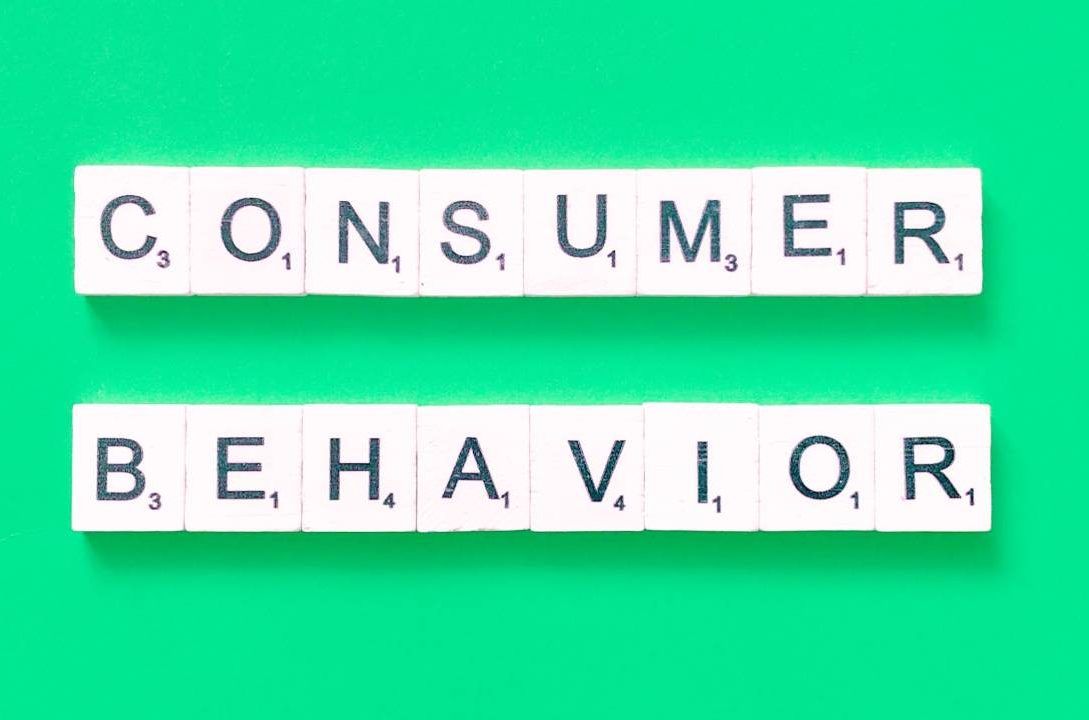Consumer behavior is a dynamic and multifaceted field that delves into the ways individuals make decisions regarding the purchase, use, and disposal of goods and services. In the realm of marketing, comprehending consumer behavior is paramount for crafting effective strategies that resonate with target audiences.
This blog post explores the intricate relationship between consumer behavior and marketing development, shedding light on how businesses can leverage this understanding to drive innovation and success.
The Basics of Consumer Behavior
Consumer behavior is influenced by a myriad of factors, ranging from personal and psychological to social and cultural. Understanding these influences is crucial for marketers aiming to tailor their strategies to meet the diverse needs and preferences of their target audience.
- Personal Factors: Individual characteristics such as age, gender, income, lifestyle, and personality play a pivotal role in shaping consumer behavior. For instance, a tech-savvy millennial may have different preferences than a baby boomer who values traditional products and services.
- Psychological Factors: Perceptions, attitudes, and motivations significantly impact consumer decision-making. Marketers often employ psychological tactics to create positive associations with their products and establish emotional connections with consumers.
- Social Factors: The impact of family, friends, and social networks on consumer behavior cannot be overstated. Word-of-mouth recommendations and social proof often sway purchasing decisions, making it imperative for marketers to tap into the power of social influence.
- Cultural Factors: Culture and societal norms shape consumer preferences and values. Understanding cultural nuances allows marketers to create campaigns that resonate with diverse audiences, fostering a sense of connection and understanding.
The Role of Technology in Shaping Consumer Behavior
In the digital age, technology plays a pivotal role in influencing consumer behavior. Online platforms, social media, and e-commerce have transformed the way consumers discover, evaluate, and purchase products. The abundance of information at consumers’ fingertips has made them more informed and discerning, challenging marketers to adapt their strategies accordingly.
- Online Reviews and Ratings: Consumers increasingly rely on online reviews and ratings to make informed decisions. Positive reviews can build trust, while negative reviews can deter potential customers. Marketers must actively manage their online reputation and encourage positive user experiences.
- Social Media Influence: Social media platforms have become powerful influencers of consumer behavior. Marketing campaigns that engage with consumers on platforms like Instagram, Facebook, and Twitter can generate brand loyalty and drive sales.
- E-commerce and Convenience: The rise of e-commerce has altered consumer expectations regarding convenience and accessibility. Marketers need to optimize their online presence and streamline the purchasing process to meet the demands of tech-savvy consumers.
Marketing Strategies Shaped by Consumer Behavior
The insights gained from understanding consumer behavior inform the development of marketing strategies that resonate with target audiences. Here are some key strategies:
- Personalized Marketing: Tailoring marketing messages and offerings based on individual preferences enhances engagement and fosters a sense of connection between the consumer and the brand.
- Data-Driven Decision Making: Analyzing consumer data allows marketers to identify trends, predict future behavior, and optimize marketing campaigns. Harnessing the power of data enables businesses to make informed decisions that drive success.
- Social Media Engagement: Leveraging social media as a platform for engagement and communication enables brands to connect with consumers on a personal level. This interaction builds brand loyalty and encourages positive word-of-mouth marketing.
- Omnichannel Marketing: Recognizing that consumers interact with brands through various channels – online and offline – calls for an omnichannel approach. Consistent messaging and a seamless experience across different touchpoints enhance the overall consumer journey.

Conclusion
Consumer behavior is a dynamic force that continually evolves, shaped by a complex interplay of personal, psychological, social, and cultural factors. By understanding and adapting to these influences, marketers can create strategies that resonate with their target audience, driving innovation and success. In a rapidly changing landscape, businesses that prioritize consumer-centric approaches are better positioned to thrive and lead the way in marketing development.
Related Posts:
Get Started with a free 15 -day trial
No credit card required for Trial Plan
Continue using starter plan for free forever, after trial or upgrade to Premium Subscription







… [Trackback]
[…] Read More here to that Topic: blog.imeetify.com/consumer-behavior-and-its-impact-on-marketing-evolution/ […]
… [Trackback]
[…] Read More to that Topic: blog.imeetify.com/consumer-behavior-and-its-impact-on-marketing-evolution/ […]
… [Trackback]
[…] Find More Info here on that Topic: blog.imeetify.com/consumer-behavior-and-its-impact-on-marketing-evolution/ […]
… [Trackback]
[…] Find More to that Topic: blog.imeetify.com/consumer-behavior-and-its-impact-on-marketing-evolution/ […]
… [Trackback]
[…] Here you can find 28786 more Info to that Topic: blog.imeetify.com/consumer-behavior-and-its-impact-on-marketing-evolution/ […]
… [Trackback]
[…] Read More to that Topic: blog.imeetify.com/consumer-behavior-and-its-impact-on-marketing-evolution/ […]
… [Trackback]
[…] Find More on to that Topic: blog.imeetify.com/consumer-behavior-and-its-impact-on-marketing-evolution/ […]
… [Trackback]
[…] Read More on that Topic: blog.imeetify.com/consumer-behavior-and-its-impact-on-marketing-evolution/ […]
… [Trackback]
[…] Info on that Topic: blog.imeetify.com/consumer-behavior-and-its-impact-on-marketing-evolution/ […]
… [Trackback]
[…] Info on that Topic: blog.imeetify.com/consumer-behavior-and-its-impact-on-marketing-evolution/ […]
… [Trackback]
[…] Find More Info here to that Topic: blog.imeetify.com/consumer-behavior-and-its-impact-on-marketing-evolution/ […]